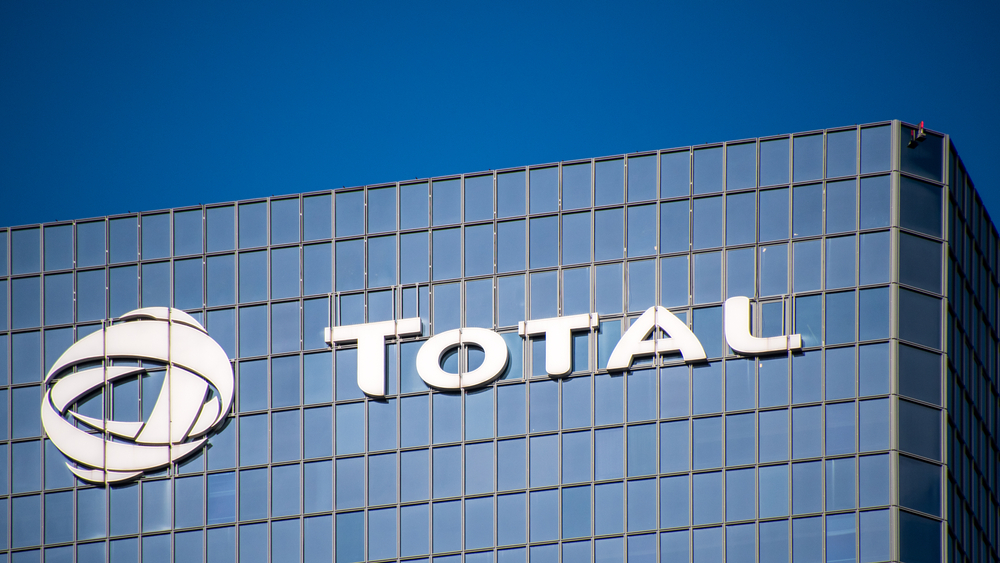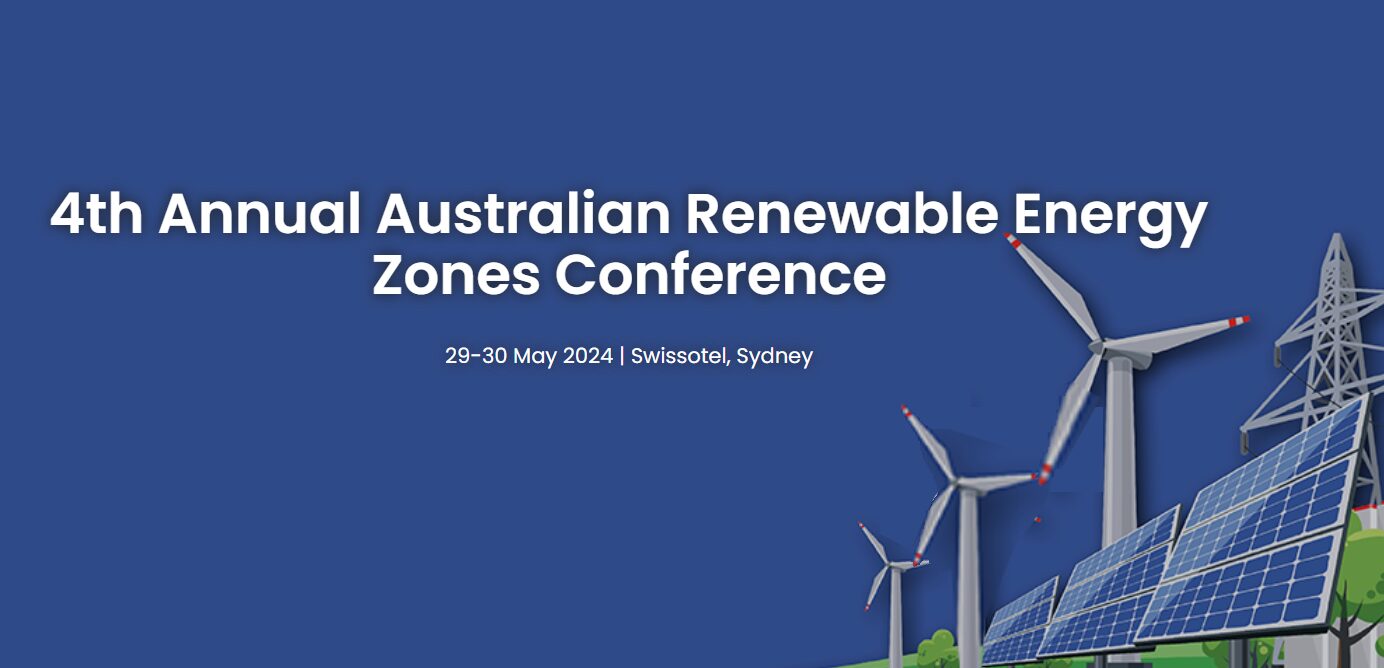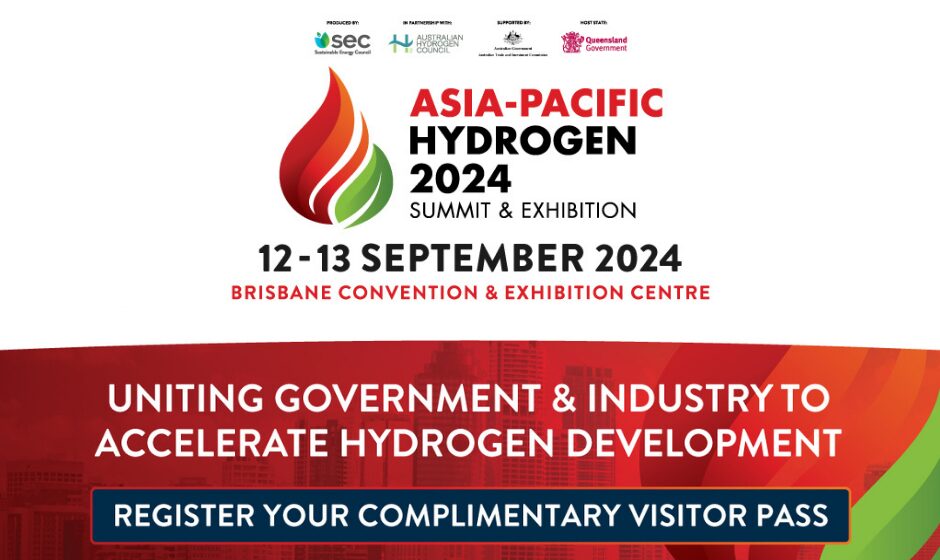
Total has commenced the production of sustainable aviation fuel (SAF) at its La Mède biorefinery in southern France and its Oudalle facility near Le Havre. The biojet fuel, made from used cooking oil, will be delivered to French airports starting in April 2021. From 2024, Total will also be able to produce SAF as its zero-crude Grandpuits platform, southeast of Paris.
All SAFs will be made from animal fat, used cooking oil and other waste and residue sourced from the circular economy. Total will not use vegetable oils as feedstock.
In this way, Total will be in a position to respond from its production sites in France to new French legislation that calls for aircraft to use at least 1 per cent biojet fuel by 2022, 2 per cent by 2025 and 5 per cent by 2030.
The development of SAF is one of the paths being pursued by Total to meet the challenge of carbon neutrality, as biojet fuels help reduce carbon dioxide emissions from air transportation.
President of Refining and Chemicals at Total, Bernard Pinatel, said by producing sustainable aviation fuel at its French sites, they are able to respond to strong demand from an aviation industry looking to reduce its carbon footprint, while adapting industrial resources.
“As a broad energy company, we support our customers by providing innovative solutions to reduce their emissions. This commitment is fully aligned with Total’s climate ambition to get to net zero emissions by 2050.”
Total is involved in numerous initiatives to produce and market SAFs in partnership with aviation industry partners. The group will reach a new milestone in May 2021 with the creation of a dedicated Renewable Fuels Business Unit.
There is policy at EU level for the production and use of biofuels in the aviation sector and several initiatives established. A broad vision for sustainable aviation in the EU is covered by the report FlightPath 2050: Europe’s Vision for Aviation produced by the High-level Group on Aviation Research.
In 2011, the European Commission adopted a roadmap of 40 concrete initiatives for the next decade to build a competitive transport system that will increase mobility, remove major barriers in key areas and fuel growth and employment. At the same time, the proposals will dramatically reduce Europe’s dependence on imported oil and cut carbon emissions in transport by 60 per cent by 2050.
By 2050, key goals include:
- No more conventionally-fuelled cars in cities.
- 40 per cent use of sustainable low carbon fuels in aviation; at least 40% cut in shipping emissions.
- A 50 per cent shift of medium distance intercity passenger and freight journeys from road to rail and waterborne transport.
- All of which will contribute to a 60 per cent cut in transport emissions by the middle of the century.












